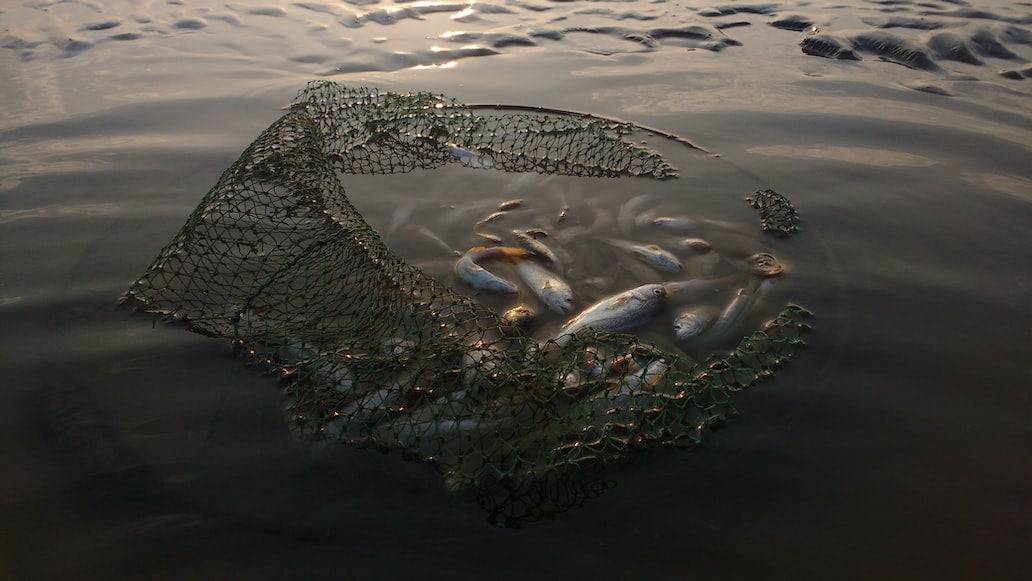Angolan fishermen critical of lacking enforcement of sustainable fishing practices
The southern African nation recently signed the UN’s Treaty on Sustainable Fishing

Your support helps us to tell the story
From reproductive rights to climate change to Big Tech, The Independent is on the ground when the story is developing. Whether it's investigating the financials of Elon Musk's pro-Trump PAC or producing our latest documentary, 'The A Word', which shines a light on the American women fighting for reproductive rights, we know how important it is to parse out the facts from the messaging.
At such a critical moment in US history, we need reporters on the ground. Your donation allows us to keep sending journalists to speak to both sides of the story.
The Independent is trusted by Americans across the entire political spectrum. And unlike many other quality news outlets, we choose not to lock Americans out of our reporting and analysis with paywalls. We believe quality journalism should be available to everyone, paid for by those who can afford it.
Your support makes all the difference.By Pedro Tchindele for Radio Ecclesia in Angola
Angola recently signed the United Nations treaty on legal and sustainable fishing, but the reality described by shipowners is totally different from the intention of the authorities, reports Pedro Tchindele for Radio Ecclesia. In the Angolan province of Benguela, shipowners are critical and reveal what they consider to be excessive transgressions in the country’s seas. They say that illegal fishing, which has been a constant practice, is carried out in trawls within four nautical miles for artisanal fish, use of explosives in the capture and other practices adverse to sustainable fishing. Meanwhile, in a commune on the coast of Benguela, there are reports of the disappearance of the green lobster, a clear consequence of trawling on the coast of Benguela, as stated by the local administrator, José Faria.
Listen to Pedro’s full report here (in Portuguese).
This article is reproduced here as part of the African Conservation Journalism Programme, funded in Angola, Botswana, Mozambique, and Zimbabwe by USAID’s VukaNow: Activity. Implemented by the international conservation organization Space for Giants, it aims to expand the reach of conservation and environmental journalism in Africa, and bring more African voices into the international conservation debate. Written articles from the Mozambican and Angolan cohorts are translated from Portuguese. Broadcast stories remain in the original language.
Join our commenting forum
Join thought-provoking conversations, follow other Independent readers and see their replies
Comments